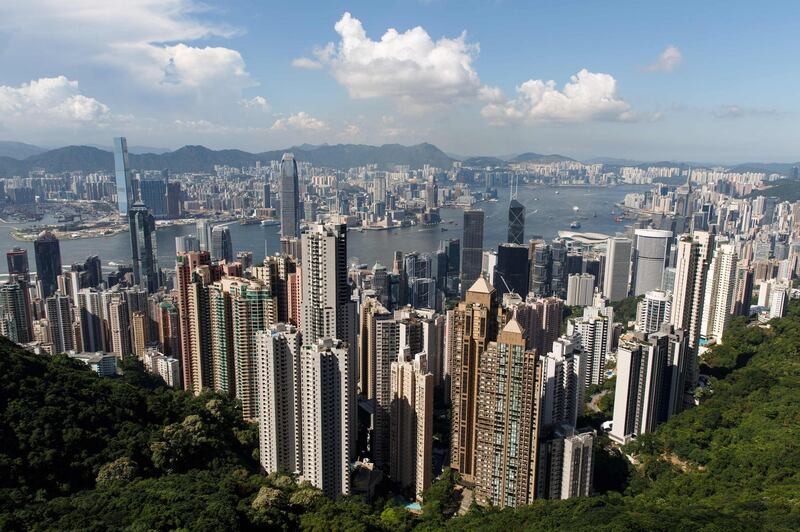Hong Kong is the most overvalued housing market this year with significant price bubbles also found in the majority of the world's developed financial centres, a new study from the Swiss Bank UBS found.
The bubble risk appears greatest in six global cities with Hong Kong the most vulnerable, followed by Munich, Toronto, Vancouver, Amsterdam and London according to the UBS Global Real Estate Bubble Index 2018. Major imbalances are also found in 10 other locations including Stockholm, Paris, San Francisco, Frankfurt and Sydney.
"Although many financial centres remain at risk of a housing bubble, we should not compare today's situation with pre-crisis conditions," said Mark Haefele, chief investment officer at UBS Global Wealth Management in a statement on Thursday. "Nevertheless, investors should remain selective within housing markets in bubble risk territory such as Hong Kong, Toronto, and London."

Valuations are also stretched in Los Angeles, Zurich, Tokyo, Geneva and New York, however, property markets in Boston, Singapore and Milan appear fairly valued while Chicago is undervalued.
While prices are not rising as fast as in prior years, affordability remains a key concern. Housing prices in major cities have increased by 35 per cent on average over the past five years, according to the report.
Despite the explosive upwards swing seen in the largest Eurozone economic centres, as well as in Hong Kong and Vancouver in recent years, cracks have begun appearing.
In the past year, the house price boom seen in key cities has lost its intensity and scope, UBS found. Inflation-adjusted city prices increased by 3.5 per cent on average over the last four quarters, considerably less than in previous years but still above the 10-year average.
________________
Read more:
Tenants in Spain face a financial crisis due to rising rents
58% of UAE residents plan to invest in property in the next 12 months
Buying in the UAE will always beat renting due to long-term capital gain
New online calculator helps Dubai residents decide to rent or buy
________________
House prices declined in half of last year’s bubble risk cities, in London, Stockholm and Sydney by more than 5 per cent in real terms.
"The median total return on housing in the most important developed market financial centres was 10 per cent annually over the past five years, accounting for an imputed rental income and book profits from rising prices," said Claudio Saputelli, head of real estate at UBS Global Wealth Management's Chief Investment Officer.
"How appealing returns will be in the next few years is questionable. We recommend caution when buying residential real estate in most of the biggest developed market cities."







